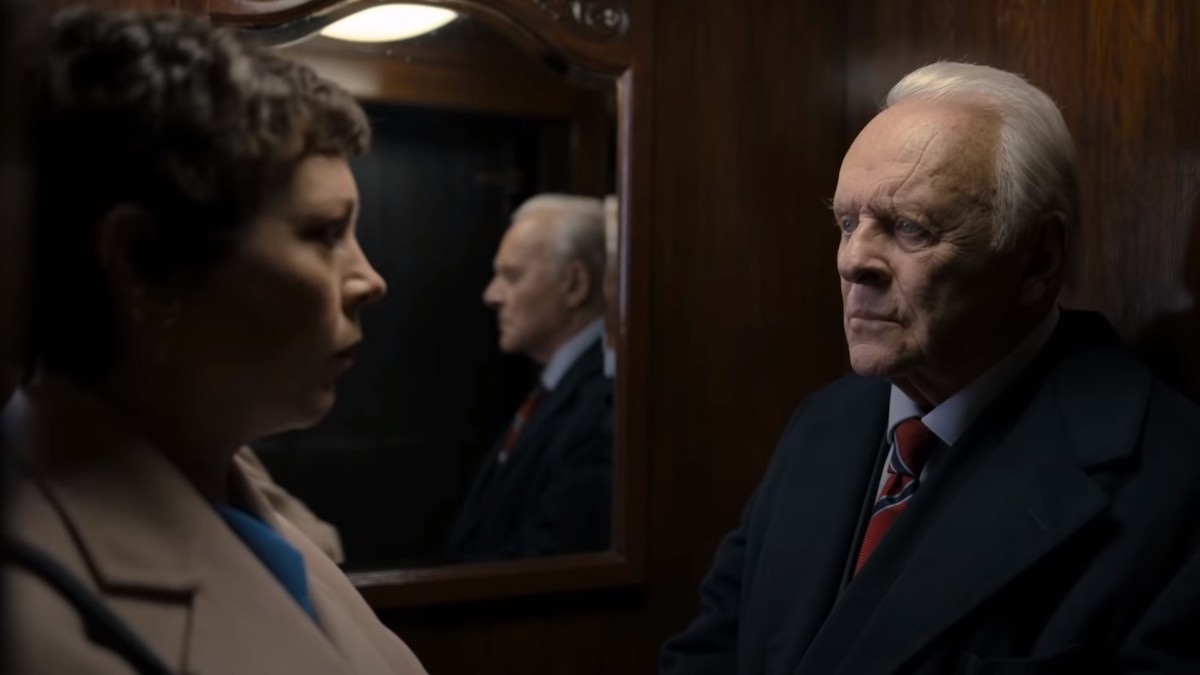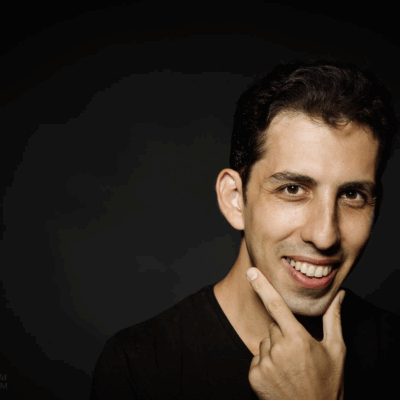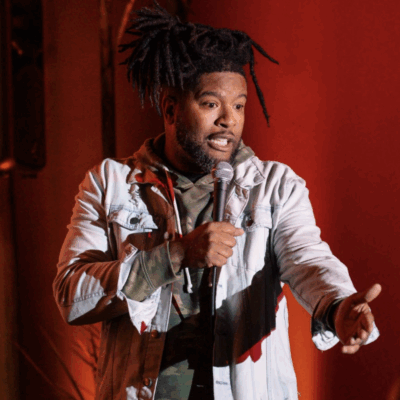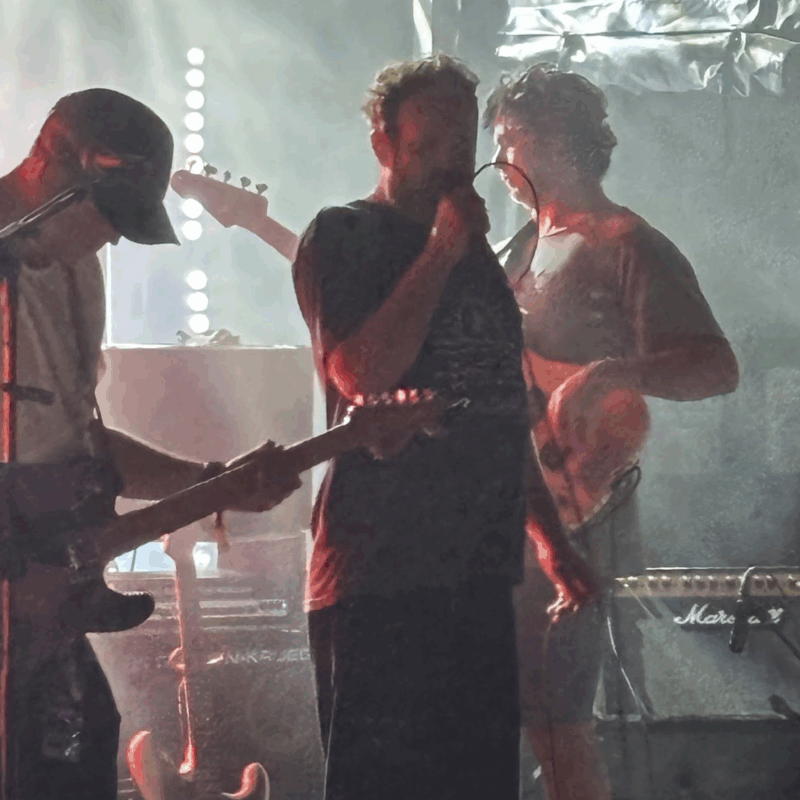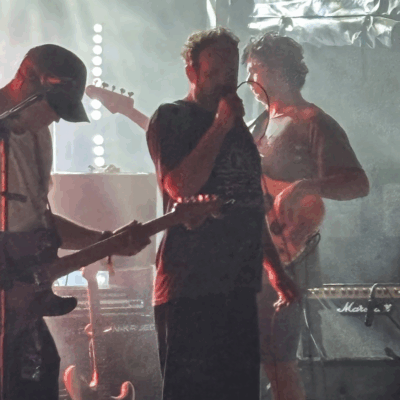Capturing mental degeneration on screen is no easy task. Last year’s Relic did an excellent job of depicting the crushing effects of dementia on a family but, like so many films, it shied away from the interior life of the person suffering from Alzheimer’s disease. The Father takes a much closer look at both the patient and his family, and the result is a poignant, gut-punching film.
Rehashing the plot points of The Father would not only be a confusing and futile exercise, but it would do a disservice to the process of watching the film. Nothing in the movie is certain, even when naming which actor plays which character and where the film takes place. Everything should be viewed with a simmering layer of skepticism and distrust. Everything, that is, except the father himself, Anthony (Anthony Hopkins).
The Father, however, is not merely about a solitary man. His daughter, Anne (Olivia Colman), is Anthony’s primary caretaker—and she’s at her wits’ end. Her dad is still charming and can keep himself busy, but he also manages to scare away his nurse when he accuses her of stealing his watch. The watch was easily recovered, but it’s not the first time Anthony has harassed a caregiver to the point of resignation.
Though Anne is the first character on screen, and we see her do her best to stay strong during heartbreaking moments, the film’s genius comes from how the audience connects with Hopkins’ character.
Early in The Father, we notice that Anthony is not well. Beyond the argument over the missing watch and the mistreatment of his aide, he and Anne discuss plans for the future, and his struggle with memory loss is evident. He appears cogent and can remember his daughters, but details and placing them in either the present or the past is a challenge for him. He wavers between frail, friendly, and furious as he processes the near-constant barrage of contradictory information and mixed signals from his loved ones.
Brilliant editing and compassionate writing allow us to follow Anthony’s timeline: One moment he is making a cup of tea and then suddenly Anne returns to his flat with the groceries he has already put away. His son-in-law Paul (Rufus Sewell) is sitting in his living room, and the next thing Anthony knows, Anne is telling her dad she met someone and is moving away. It makes him question the solidity of his mind, but he continues to go with the flow. Tinkering with timelines, spatial awareness, and relationships puts us in Anthony’s shoes and gives us a glimpse into what it might feel like to begin to lose our grasp on reality.
Hopkins handles the role of the father with agonizing accuracy. He thinks on his feet to hide his confusion, and he sways from charming to hysterical without losing our empathy. His affection and stubbornness are endearing and concerning. Coleman is one of the best actresses working today, and pairing her with Hopkins is one of the best things about the movie.
Not many films rise to the task of telling such a difficult tale with as much poise as The Father. It is not easy to watch, though. It is emotionally draining, and its trajectory is tragically unavoidable, but it deserves our attention and admiration.
